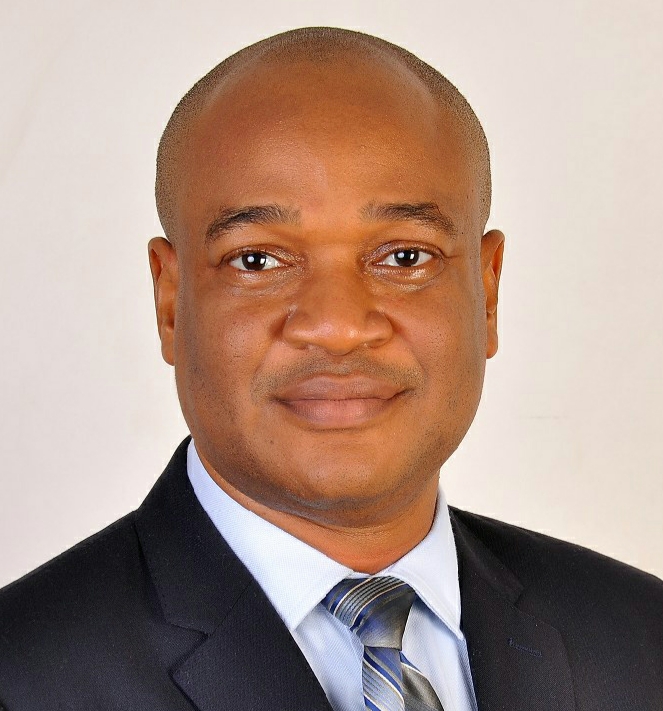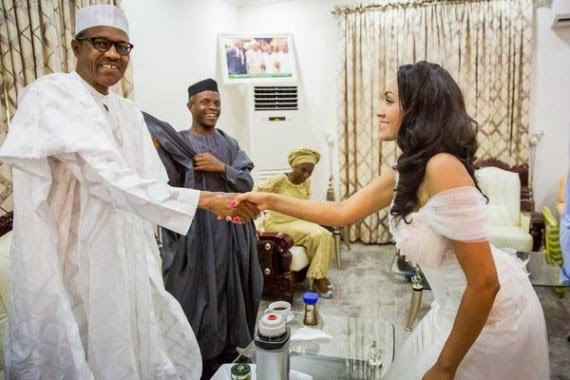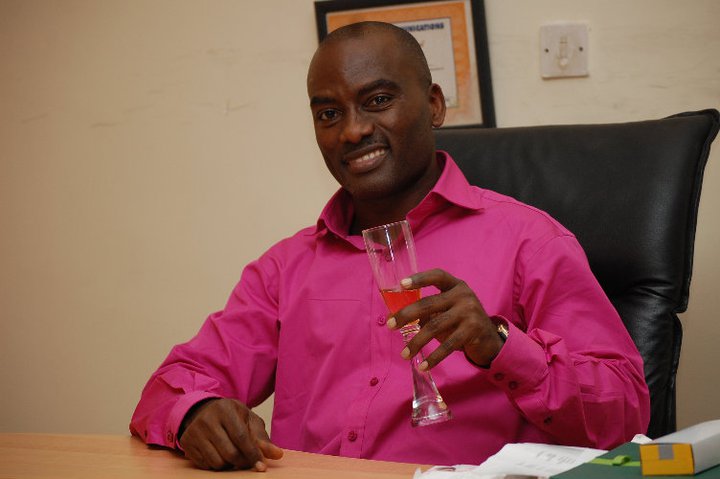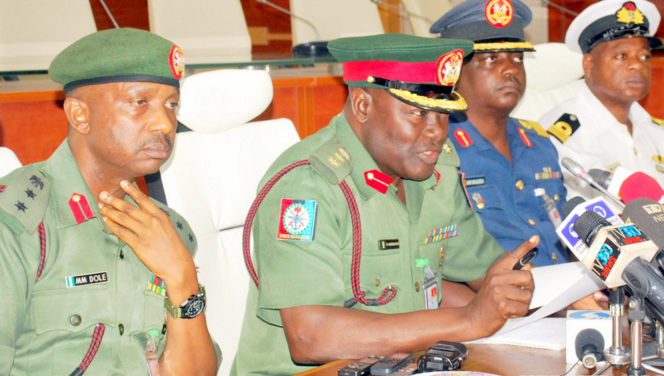The 21st Nigerian Economic Summit focused on the tough choices needed to achieve competitiveness, inclusive growth and sustainability. We know that Nigeria is the largest economy in Africa and the 26th largest in the world. In spite of this size, it is increasingly clear that the country’s economy is not as competitive as others in the top tier and its growth is equally not as inclusive.
The World Economic Forum defines competitiveness “as the set of institutions, policies, and factors that determine the level of productivity of a country. The level of productivity, in turn, sets the level of prosperity that can be reached by an economy. The productivity level also determines the rates of return obtained by investments in an economy, which in turn are the fundamental drivers of its growth rates. In other words, a more competitive economy is one that is likely to grow faster over time. Although the productivity of a country determines its ability to sustain a high level of income, it is also one of the central determinants of its return on investment, which is one of the key factors explaining an economy’s growth potential.” The Forum also defines inclusive growth “as output growth that is sustained over decades, is broad-based across economic sectors, creates productive employment opportunities for a great majority of the country’s working age population, and reduces poverty. Inclusive growth is about both the pace and pattern of economic growth”.
The current state of the Nigerian economy has underscored the urgent need to discuss our realities in competitiveness and inclusive growth at this time and the Nigerian Economic Summit Growth brought stakeholders together in Abuja to do just that.
Even though the country moved up by three places in the 2015 – 2016 Global Competitiveness Index to 124 out of 140 (reversing its downward slide in 3 previous years, the country fell from 115 out of 144 in 2012 – 2013 to 120 out of 148 in 2013 – 2014 and further down to 127 out of 144 in 2014 -2015), it still ranks only 20 out of 32 countries in sub-Saharan Africa. This means that Nigeria merely ranks above Zimbabwe, Mali, Swaziland, Madagascar, Mozambique, Malawi, Burundi, Sierra Leone, Mauritania, Chad and Guinea – the last six are the last in the global rankings. The continent’s best performers remain South Africa (49), Rwanda (58) and Botswana (71). Rwanda continues its 5-year upward trend and improving in 7 out of 12 pillars. By the way, it might be worth recalling that the 12 pillars of competitiveness are institutions, infrastructure, macroeconomic environment, health and primary education, higher education and training, good market efficiency, labour market efficiency, financial market development, technological readiness, market size, business sophistication and innovation.
Advertisement
There is no Index currently in place to measure inclusive growth but the World Economic Forum has equally developed a Framework for measuring it in its Inclusive Growth and Development Report 2015. The Framework presents a corresponding set of indicators of performance and enabling environment conditions in seven principal policy domains (pillars) and fifteen sub-domains (sub-pillars). According to the Forum, societies that have had particular success in building a robust middle class and reducing poverty and social marginalization have tended to create effective economic institutions and incentives in many of these areas, while supporting growth through sound macroeconomic policies and efficiency-enhancing reforms. The 7 pillars are education and skills development; employment and labour compensation; asset building and entrepreneurship; financial intermediation of real economy investment; corruption and rents; basic services and infrastructure; and fiscal transfers. On Nigeria, the Report notes that “despite the opportunity offered by its significant oil revenues over the years, has not put in place the factors necessary for creating an inclusive growth process. Despite some significant gaps in data measuring educational outcomes, the picture remains one of low enrolment, insufficient quality, and wide divergence in student performance based on socioeconomic background. Participation in the labour force is quite low, with a large informal sector and much of the population working hard but unable to pull their families out of poverty. Only 3.9% of income goes to labour, resulting in low wages and over 80% of the population living on less than $2 a day. The country suffers from poor infrastructure and a lack of basic services, with corruption and diversion of public funds making it difficult for the government to deliver public goods. Despite a relatively entrepreneurial environment, Nigeria is not yet able to ensure growth that is sustainable and broad-based.”
Nigeria’s relatively poor commentary on competitiveness and inclusive growth interrogates past efforts by previous administrations through the National Economic Empowerment and Development Strategy (NEEDS) by the Obasanjo presidency, 7-point Agenda by the Yar’Adua presidency and the Transformation Agenda of the Jonathan presidency. Each of these programmes espoused ambitious ideals and as fruits of the same party it is expected that there was a continuum in outlook and philosophy. Did they deliver? The answer probably accounts for the sweeping condemnation of the last 16 years that has gained common currency. However, I would argue that these past presidencies bequeathed not only a large economy, but also, especially for the Jonathan presidency, a structurally transformed economy towards growth in agriculture (making the sector business oriented), automotive industry (rolling out cars assembled in Nigeria) and ICT development (creating deeper broadband penetration) as well as laying the groundwork for infrastructure development in transportation and power.
As presented in the current state assessment of the economy at the Summit, we are once again at a crossroads, the fragility of our macroeconomic environment is clear for all to see because there have been many setbacks in the past year: oil prices have dipped from $94 per barrel to $46 per barrel, the growth rate of our GDP dropped from 6.25% to 2.35%, the exchange rate has moved from $1:N168 to $1:N200, inflation moved up from 8.3% to 9.3%, unemployment rate increased from 6.4% to 8.2%, foreign reserves dropped from $38 billion to $30 billion, the Monetary Policy Rate increased from 12% to 13%, growth in the manufacturing sector dropped from 16% to -3.82%, disbursements from the Federation Account Allocation Committee dropped from N604 billion to N485 billion and the value of trading at the Nigerian Stock Exchange went down from N13.6 trillion to N10.3 trillion.
Advertisement
This is not a time for irrational exuberance, but one to take advantage of a series of events and moments that could help shape a better future. We must welcome a number of new starts and fresh opportunities especially with the elections that have brought new leadership and widespread optimism. We must grasp the opportunities presented by this new beginning to work together and capitalize on any opportunity as a force for good. It is one of the tough choices before us.
The work of the Buhari presidency is therefore well cut out: to make Nigeria’s economy more competitive and economic growth more inclusive. To do that also requires tough choices. The first step should be to set a target for next year’s Global Competitiveness Index and subsequent years, then put in place a set of specific actions that are required to achieve the set targets.
In doing this, the government will have to focus on just a few measures within the next four years and do them well: maintain a sound macroeconomic environment, reinvent public institutions to be efficient and effective, make quality investments in social services such as education and health, make value investments in infrastructure development in addition to unlocking the binding constraints to the delivery of successful PPPs, implement a viable skills development framework to harness our large human capital base, create a policy framework that will motivate businesses to make social impact investments, encourage a business climate with less cumbersome regulations for ease of doing business and encourage the growth of small businesses. The government also needs to make targeted investments in innovation, research and development and promote non-oil exports while ensuring that the country explores alternative financing for our JV cash call funding in the petroleum sector.
Other specific actions proposed at the 21st Nigerian Economic Summit are to increase budgetary allocation to education to 20%; increase investment in vocational education through technical college and vocational centres in each state of the federation; provide tax incentives and government-funded research grants to local manufacturers of pharmaceutical products; convert 1,000 hospital beds in 5 teaching hospitals into world-class private wings with funding, expertise and management by world-class healthcare companies; privatize/concession the railways (to focus on freight), major highways, major airports, refineries, pipelines and depots; privatize the power transmission network; increase power generation to achieve 20,000 MW and totally reform the petroleum subsidy regime.
Advertisement
For me and rather surprisingly, these are relatively easy to do. The hard part is overcoming the challenge in taking key decisions that, in the past, have been convoluted by political and other prebendal interests. The president needs an economic emergency room, a shock trauma unit, that will immediately administer the tough prescriptions required to achieve competitiveness, inclusive growth and sustainability in the long run. His personnel recruitments into the administration should be driven by capacity and loyalty to the advancement of progress. Therein lies his tough choices too.
I think of the seminal Wall Street Journal’s columnist, Peggy Noonan, as I conclude like her that “someday history will write of this era, and to history our biggest failing will be the things we did not do. History will be hard on us for that”.
Read more from Ude’s archive at www.nnannaude.com, follow him on Twitter @nnannaude or subscribe to his updates on Facebook.
Advertisement






